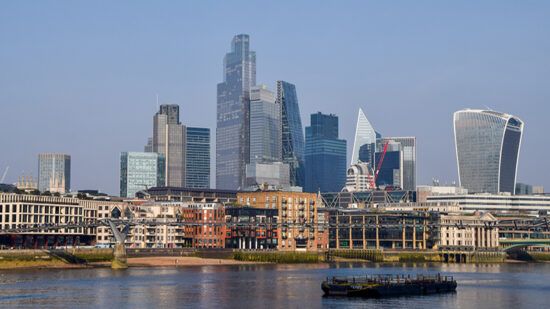Industrial expansion, fossil fuel extraction and mining threaten to undermine the historic Kunming-Montreal Global Biodiversity Framework (GBF), according to the latest analysis from Earth Insight.
As the global race to safeguard essential natural areas approaches a critical threshold, the research revealed an alarming overlap between oil, gas and mining concessions and important areas for conservation, including Key Biodiversity Areas (KBAs), high-integrity forest landscapes, protected areas and Indigenous Territories.
The report paints a stark picture of the escalating risks to both ecological integrity and the livelihoods of Indigenous communities. Maps illustrate the extent of extractive concession overlap, with over 500 KBAs in the pantropics under active and potential oil and gas concessions, including in the Amazon Basin, Congo Basin and Southeast Asia.
Also read: More asset owners are embracing nature and biodiversity in sustainability strategies
Meanwhile, over 30 million hectares of Indigenous Territories in the Amazon are overlapping with oil and gas concessions, and 9 million hectares with mining concessions.
Mapping and analysis also show a notable link between sovereign debt levels to the expansion of oil, gas and mining in the world’s most intact forests, threatening the survival of vital ecosystems. For example, the Republic of Congo has the highest debt-to-GDP ratio in the Congo basin region.
These critical forested regions not only harbour immense biodiversity but also serve as vital carbon sinks, regulating the global climate, Earth Insight said. Therefore, industrial activity threatens to push these fragile ecosystems past tipping points, with potentially irreversible consequences for both nature and human populations.
“With these biodiversity treasures facing unprecedented threats from extractive industries, this could seriously undermine efforts to implement the Kunming-Montreal agreement,” said Tyson Miller, executive director of Earth Insight.
The report calls for urgent and coordinated global action to bridge the gap between conservation commitments and the realities of industrial-scale exploitation of natural resources. Key recommendations include expanding the global network of protected and conserved areas, and restricting industrial expansion in these areas; respect for Indigenous sovereignty and the provision of sufficient resources for Indigenous-led conservation; and an increase in funding for conservation at both national and international levels.
“There is a real opportunity ahead to ensure that existing protected areas are indeed protected without the expansion of industrial activities and that KBA’s are prioritised for future protection,” said Li Shuo, director of China Climate Hub at the Asia Society Policy Institute. “This report shows that indeed the window of opportunity is closing and urgent action is needed.”








